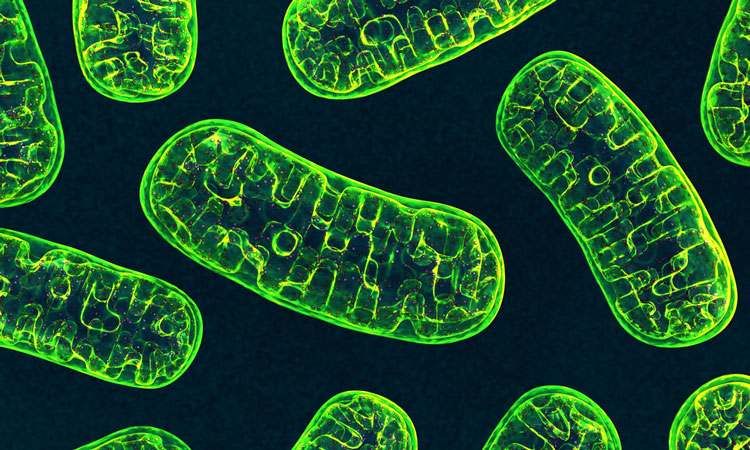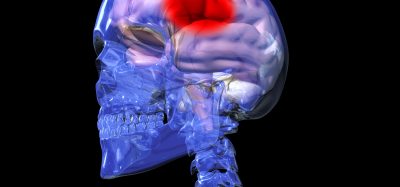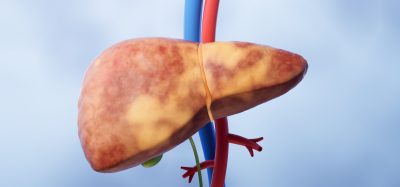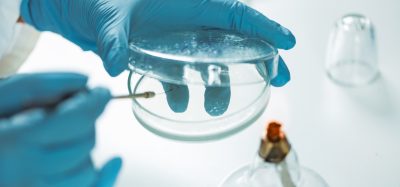Mitochondrial replacement therapy (MRT) shown to be safe in monkeys
Posted: 9 December 2020 | Hannah Balfour (Drug Target Review) | No comments yet
A long-term study of macaques given mitochondrial replacement therapy (MRT) found that both treated individuals and their offspring were healthy and developed normally.


Researchers report, after a decade of careful monitoring, that the first primates born after treatment with a gene therapy designed to prevent inherited mitochondrial disease developed normally and that the treatment had no adverse health effects in either the treated individuals or their offspring.
The scientists say their results support the scientific basis for testing mitochondrial replacement therapy (MRT) in human clinical trials, with one important caveat; in the study the team found varying levels of carry-over maternal mitochondrial DNA (mtDNA) that had preferentially replicated and accumulated within some internal organs, although not enough to cause health effects.
“Our data show that MRT is compatible with normal development, fertility and aging in nonhuman primates without any detected adverse effects,” write the authors. “However, carry-over maternal or paternal mtDNA contributions increased substantially in selected internal tissues/organs of some MRT animals, implying the possibility of mtDNA mutation recurrence.”
The study was led by Dr Shoukhrat Mitalipov, director of the Oregon Health & Science University (OHSU) Center for Embryonic Cell and Gene Therapy, US.
Mitochondria control respiration and energy production within every cell of the body, so mitochondrial gene mutations contribute to a range of incurable and potentially fatal disorders affecting organs with high-energy demands such as the heart, muscle and brain. To prevent the transmission of pathogenic mtDNA from mother to offspring, scientists developed MRT – a gene therapy in which mtDNA from a healthy donor is transferred in oocytes prior to fertilisation.
In the five rhesus macaques used in the study, the mtDNA was transferred in such a way that the donor mtDNA accounted for >97 percent of the total, maternal mtDNA was less than three percent and paternal mtDNA was <0.1 percent after birth.
According to the study, all five MRT macaques developed normally to adulthood and were unremarkable from control animals in both their general health and fertility. Additionally, their offspring also developed normally.
“It is reassuring that the monkeys appear to be healthy and fertile through generations,” said co-author Dr Paula Amato, professor of obstetrics and gynecology in the OHSU School of Medicine. “It adds to a growing body of evidence that would support moving forward with clinical trials to prevent the transmission of mitochondrial disease.”
This will not occur in the US, because of Congress using a budgetary rider to prevent the Food and Drug Administration (FDA) from providing oversight for such clinical trials. However, gene therapies are currently being evaluated in trials in the UK and Greece.
“The question was always there about the long-term safety of this technique,” Mitalipov said. “We wanted to find out whether this procedure will somehow show negative effects later in life. We saw no adverse health effects across two generations.”
The only concern highlighted in the study was that despite maternal mtDNA accounting for less than three percent of the total in blood, urine and skin cells samples after birth, when the internal tissues and organs of the animals were analysed after death, one individual had substantially increased levels of maternal mtDNA – up to 16.6 percent in the small intestine. While this falls well below the level Mitalipov says would be considered disease-causing (60 percent), there is a possibility that such increases could result in disease recurrence.
Another curious finding of the study was that, although mtDNA is normally passed from mother to child, in two macaques up to 33 percent of the mtDNA in selected tissues was contributed by the paternal line. This is unusual, although not unprecedented, and Mitalipov said he is interested in learning more about why the minute level of mtDNA in sperm cells replicated exponentially as the cells divided and the embryos grew.
The study was published in the journal Human Reproduction.
Related topics
Drug Development, Gene Therapy, Genome Editing, Genomics, In Vivo, Research & Development, Therapeutics
Related conditions
Mitochondrial disease
Related organisations
Oregon Health & Science University (OHSU) Center for Embryonic Cell and Gene Therapy
Related people
Dr Paula Amato, Dr Shoukhrat Mitalipov








